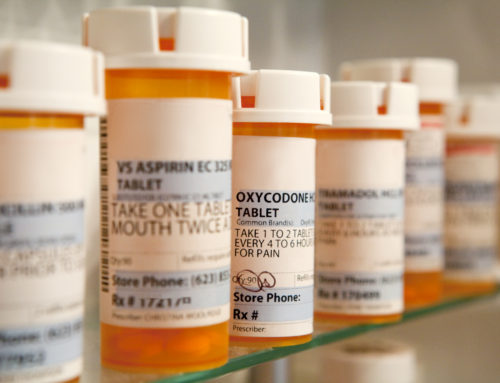The British Dietetic Association (BDA) has shared the breaking news that dietitians have been granted supplementary prescribing rights.
This significant decision made by Minister George Freeman, means that advanced level and experienced dietitians, who have successfully completed an approved post-graduate education and training programme, will be able to prescribe medicines for their patients under a clinical management plan.
The BDA, founded in 1936, is the professional association and trade union for registered dietitians in Great Britain and Northern Ireland. It is the nation’s largest organisation of food and nutrition professionals with over 8,500 members.
Supplementary prescribing means that the dietitian will form a voluntary prescribing partnership between the independent medical prescriber (usually a doctor) and the supplementary prescriber (the dietitian), to implement an agreed patient-specific clinical (medicines) management plan with the patient’s agreement.
Supplementary prescribing by dietitians also has the potential to improve patient safety by reducing delays in care and creating clear lines of responsibility and accountability for prescribing decisions.
Patient benefits will become particularly significant in long-term conditions such as diabetes, chronic kidney disease, cystic fibrosis and parenteral feeding, where diet and disease management are inextricably linked.
A prescribing project team at the BDA has been working extremely hard to achieve this outcome for over a decade.
Andy Burman, BDA CEO, said, ‘This is a landmark decision for the dietetic profession. Dietitians have known for years what a difference prescribing responsibilities would make to patient care and to redesigning services. The prescribing project team rose to all the challenges put to them, and made a strong case for dietetic supplementary prescribing, under rigorous scrutiny from other professions, the public, NHS England and the devolved administrations.’





